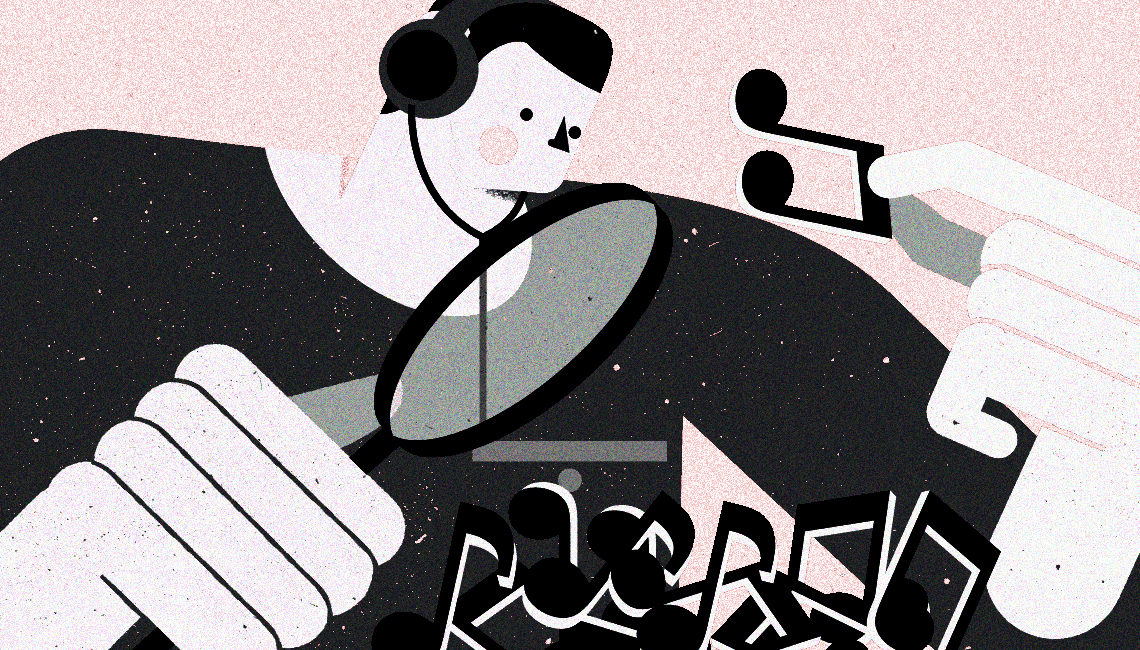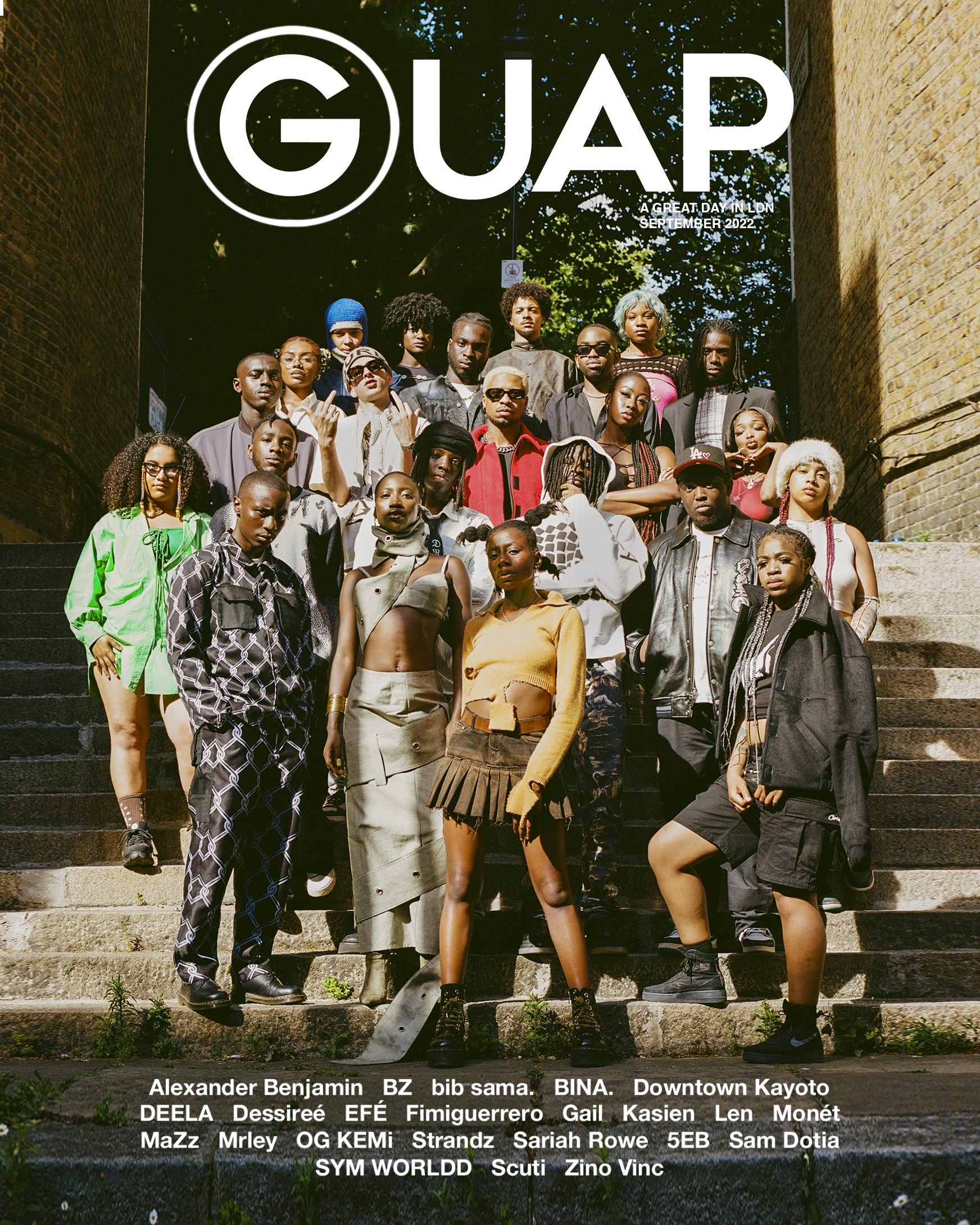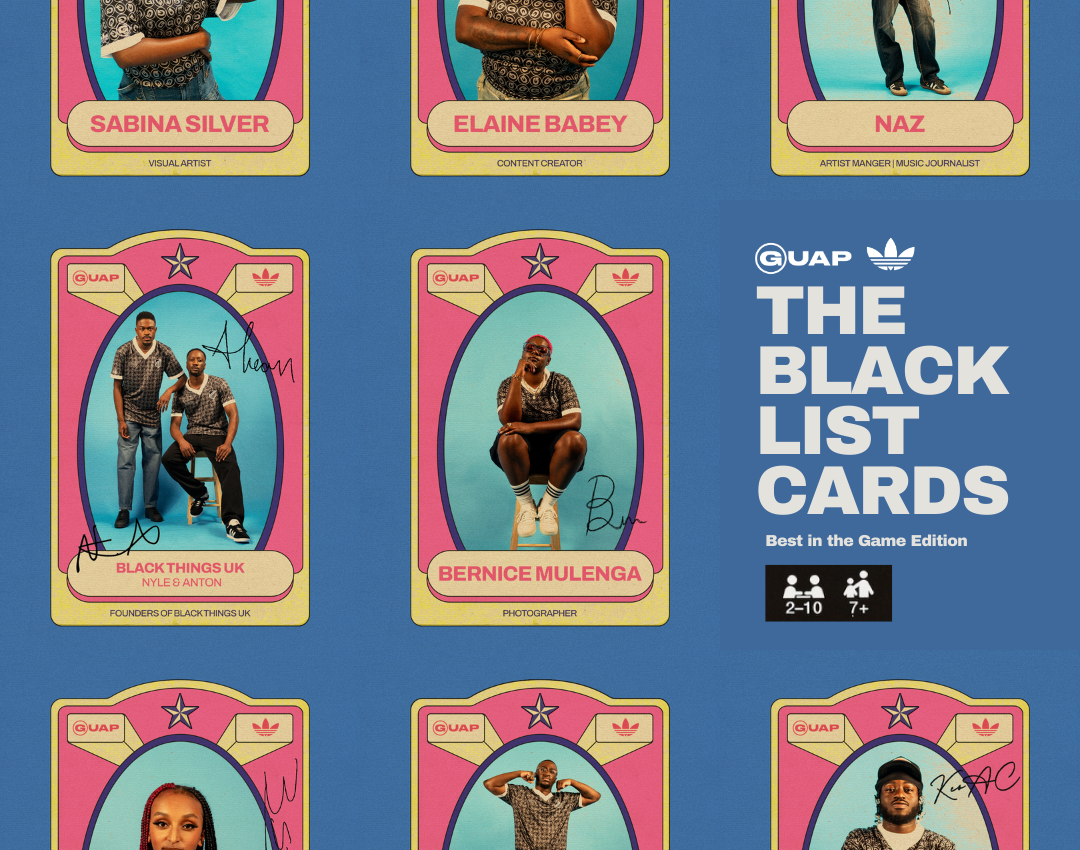The Ever Changing Sphere Of Music Discovery

Naturally, the sphere of artist discovery has shifted over time and especially more so in the last decade given the technological boom. A once linear relationship where DJs, record producers, and astute radio stations had been responsible for breaking the latest songs, artists, and even trends, has shifted into a state of almost anarchy amidst the growth and development of the internet, whereby artists and their respective reps are utilising every avenue imaginable to break music and sustain a presence in an increasingly concentrated market.
No other area of development has championed the discovery of new artists like streaming; lifted from the shackles of basic music releases, Napster spearheaded the huge shift that music still feels the ripples of today. Apple Music was the first to benefit from this break of the metaphorical seam and Spotify, TIDAL, Amazon Music, Soundcloud, etc all came along to boot. Soundcloud in particular helped to pioneer the discovery movement through the rewarding of interaction via the platform.
Spotify does amazing work with the discovery of talent also through the ability to turn any song, album, or artist into a radio station, its recommended songs feature, alongside personally curated Discover weekly playlists. The platform is also now promoting its newly added gold standard of the “Discovery Mode”, this being a tool for music marketers designed to help you find new listeners when it matters to you most.
Social media alongside streaming have been the domineering pathways that music discovery has changed in recent history but no singular platform has influenced the landscape of music like Tiktok. The app service previously called Musical.ly has allowed artists from all over the world to morph into quasi-content creators and created a mechanism to morph their talents into one to help start, propel, and establish careers. The nature of Tik Tok’s algorithm is such that limited degrees of effort are required to even happen on your favorite artist that you’ve never heard of which has allowed for the blossoming of so many careers via the platform.
Outside of traditional mediums Video game and movie soundtracks have proven to be very effective ways of discovering new artists/ and or music. The always heralded FIFA soundtracks have exposed audiences to a breadth of soundscape that isn’t always celebrated in the mainstream, the hit show Stranger Things had amazing success with repurposing and bringing Kate Bush’s “Running Up That Hill” back into the limelight. There are other examples where specialist composers can show the true range of their talents to help shift the soundscape and create new music. Kanye West enlisted film score, composer, and record producer Jon Brion for Late Registration, resulting in Brion serving as co-executive producer for several tracks based on the rapper hearing and liking Brion’s score while watching the 2004 film “Eternal Sunshine of the Spotless Mind”.
Magazines and publications also do a great job of exposing audiences to new artists via the spotlighting and platforming of their works. Interviews and other media opportunities are also provided to those who are deemed to be the cream of the crop in those respective subcategories to deepen the avenues of discovery for increasingly fickle audience bases.
NME’s 100: essential emerging artists for 2022, Rolling Stone’s UK’s ones to watch for 2023, Clash Magazine’s On The Cusp Of Greatness: 23 Artists Who Will Make 2023 alongside GUAP Magazine’s very own 23 MUSIC ARTISTS TO WATCH FOR 2023 provide evidence of the stellar work publications are making to act as cultural mediators in helping establish the next generation of artists.

A medium that has survived the test of time; albeit at a push, is radio. The variety and differences in the types of radio stations also help in the funnelling of audiences to specific stations to discover artists they’re more likely to continue listening to, which is a great benefit of the platform in general. It also grants a social option to be created with DJs providing running commentary between songs, and even interviewing artists at points when breaking new singles/albums if not just for an editorial/press run. There are also opportunities granted to interact with the station through phone-ins which allow a rapport to be developed with a budding fanbase to increase the potential scope of a new artist’s longevity. Despite this however – given the increased autonomy streaming and social media music consumption has created, radio has become somewhat of a dying medium but groups like No Signal are attempting to reverse this trend with an innovative approach to engaging with audience members.
Discover more from GUAP’s music section here.




![ZINO VINCI’S ‘FILTHY & DISGUSTING’EP BRINGS YOU TO THE CORE OF THE ARTIST [@ZinoVinci]](https://guap.co/wp-content/uploads/2023/10/Zino-4.jpg)




